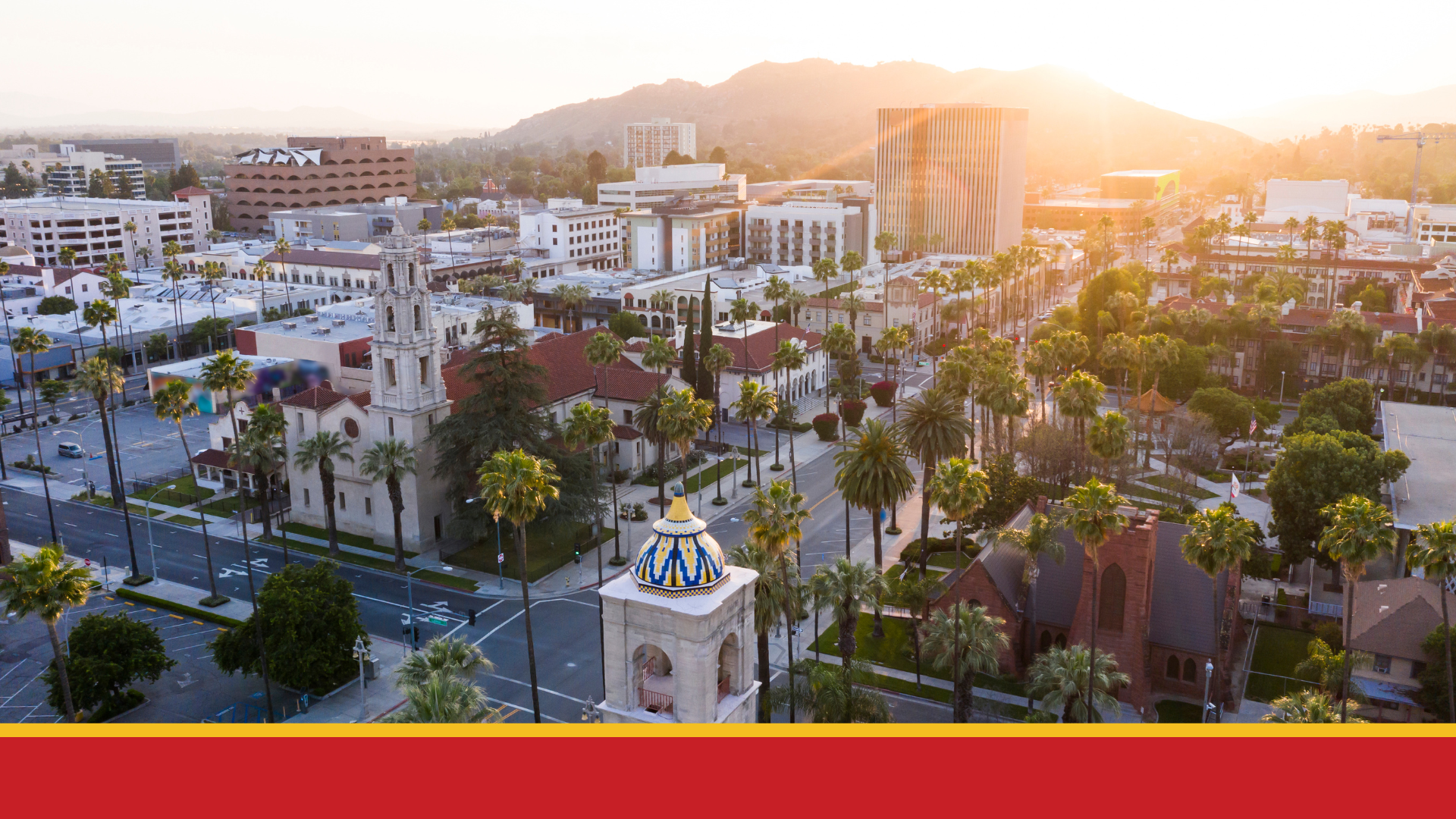 The City Council approved cannabis as an allowed business Tuesday (2/28) which sets a framework for permitting, licensing, enforcement, taxation and legal operation of commercial cannabis storefronts with a prospective cannabis tax measure on the ballot in November 2024.
The City Council approved cannabis as an allowed business Tuesday (2/28) which sets a framework for permitting, licensing, enforcement, taxation and legal operation of commercial cannabis storefronts with a prospective cannabis tax measure on the ballot in November 2024.
The vote was 5-2 with Council members Chuck Conder and Jim Perry voting no. The decision reversed an earlier Council decision, which since 2017 had only allowed cannabis testing laboratories within the city limits.
Permitted business types include storefront retail, with or without delivery; manufacturing/distribution businesses and testing laboratories. Permits would be valid for one year with annual renewal required.
Prohibited businesses include cannabis microbusinesses and cultivation and non-storefront retail, also known as delivery-only.
The program allots up to 14 permits for storefront retail. There are no limits on permits for manufacturing/distribution businesses or testing laboratories.
The City Council has been discussing cannabis business permitting in some form since Nov. 18, 2021, when the Economic Development, Placemaking and Branding/Marketing Committee of the City Council first directed City staff to begin researching options. City staff worked during this time with a consultant to incorporate direction from the Committee into the draft program presented to Council for consideration.
“Today’s long overdue decision to overturn the ban on cannabis retail was the result of a multi-year effort that included intensive community and stakeholder input,” said Council Member Ronaldo Fierro, who chaired the committee. “This is the first step in a pragmatic and sensible policy process that is centered around providing benefit and opportunity for all Riverside residents.”
The measures approved Tuesday evening were unanimously approved by the Planning Commission on Jan. 19.
Development of the program, including a ballot measure, is expected to cost about $385,000. Annual business taxes are projected to be $1 million to $1.5 million, and sales taxes are conservatively expected to yield $250,000 to $500,000 per year.
Permit holders would have to be at least 1,000 feet from public, private and charter K-12 schools, and at least 600 feet from licensed daycare facilities and community centers.
In addition to cannabis business permits from the City of Riverside, businesses also will need required State licenses/permits, City business tax certificates and any required building permits and certificates of occupancy.
“With a little over 18 months until the November 2024 ballot, we have the time we need to create a program that is socially equitable and ensures voters are informed about what the tax measure will do,” Mayor Pro Tem Clarissa Cervantes said. “Riverside voters approved this measure years ago, and the Council voted to move forward with creating a pathway for safe access and quality workforce opportunities.”
For example, the City Council must adopt criteria for an application review process, timeframes, requirements, scoring criteria and selection process for permit issuance; application fees; a Labor Peace Agreement and a process for applicants to provide community benefits, which are yet to be defined.
Permit holders will be required to submit an annual financial audit; report gross sales receipts; pass background checks and submit a register of all owners, managers and employees; maintain an inventory control and reporting system and report inventory loss, theft and security breaches.
Permit owners will be required to provide exterior lighting, access control, security cameras, alarm systems, on-site security personnel and a security liaison who directly communicates with the city manager and Police Department.
City staff will be working to develop the permit review and implementation process with direction received from the City Council as well as input from the committee. This process is expected to be presented for Council consideration sometime this summer.





